COVID-19 is unlikely to be the last coronavirus to spill over to humans. Scientists are working to make a universal vaccine to combat future outbreaks.
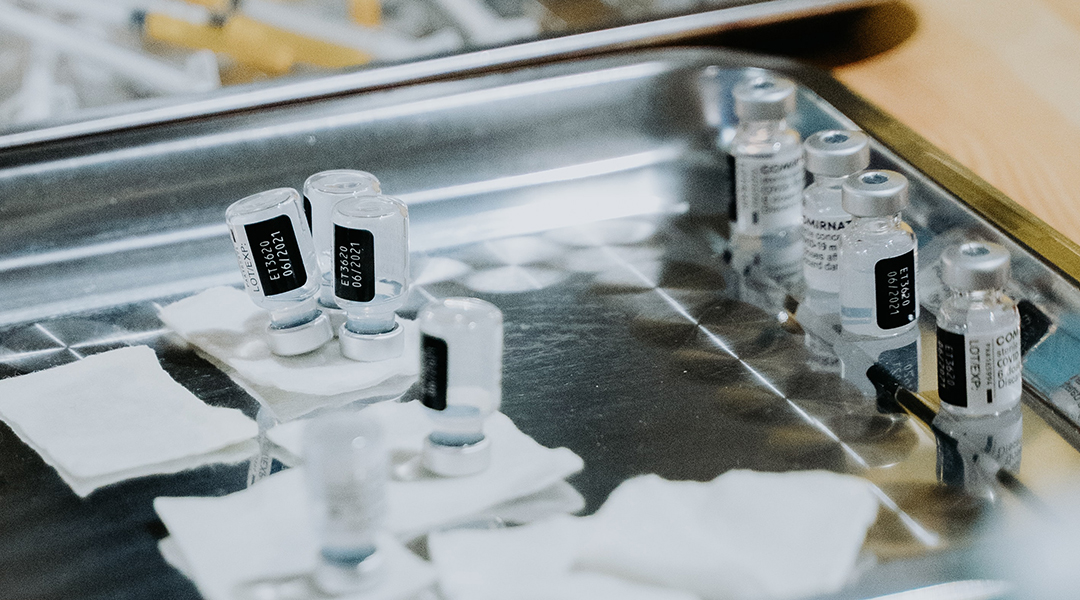

COVID-19 is unlikely to be the last coronavirus to spill over to humans. Scientists are working to make a universal vaccine to combat future outbreaks.
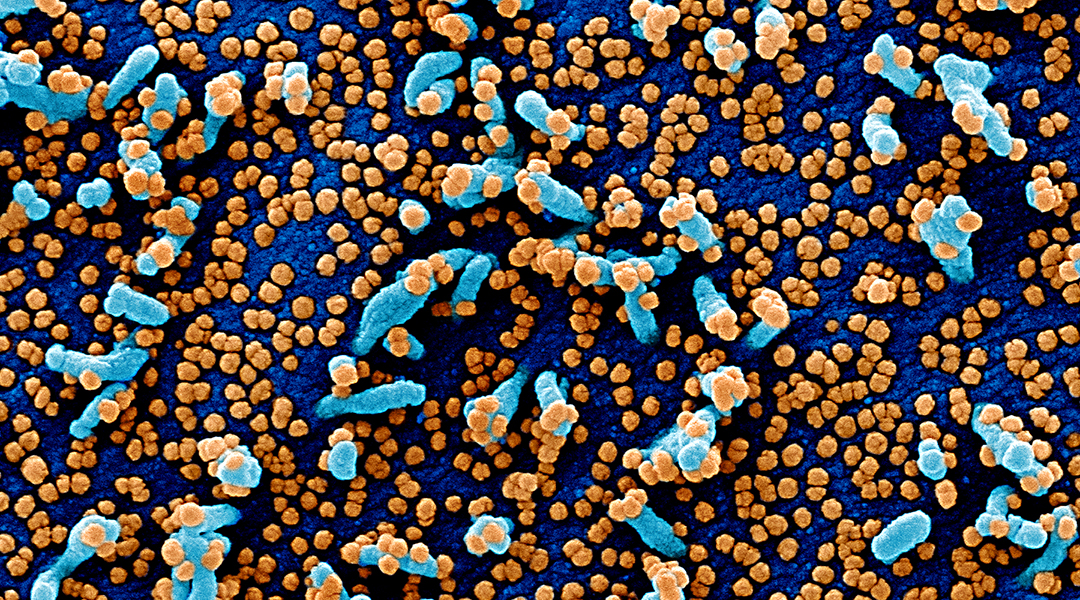
New study finds coronaviruses are masters of mimicry, reproducing their host’s immune proteins to remain invisible and help promote infection.
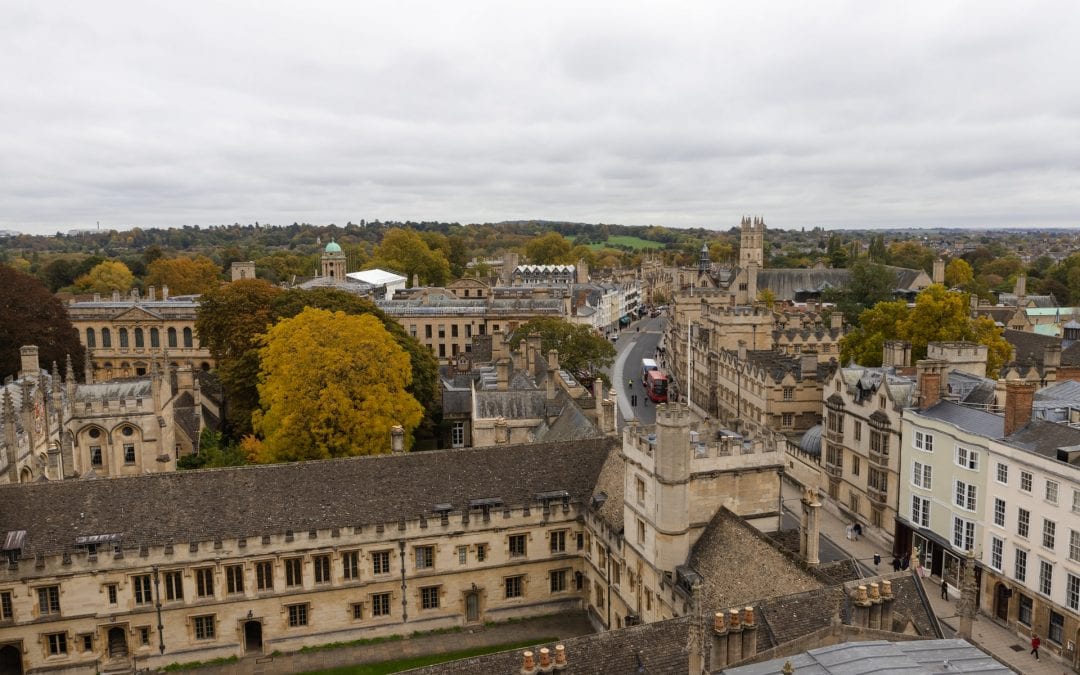
Scientists express cautious optimism about two potential COVID-19 vaccine candidates from the UK and China.
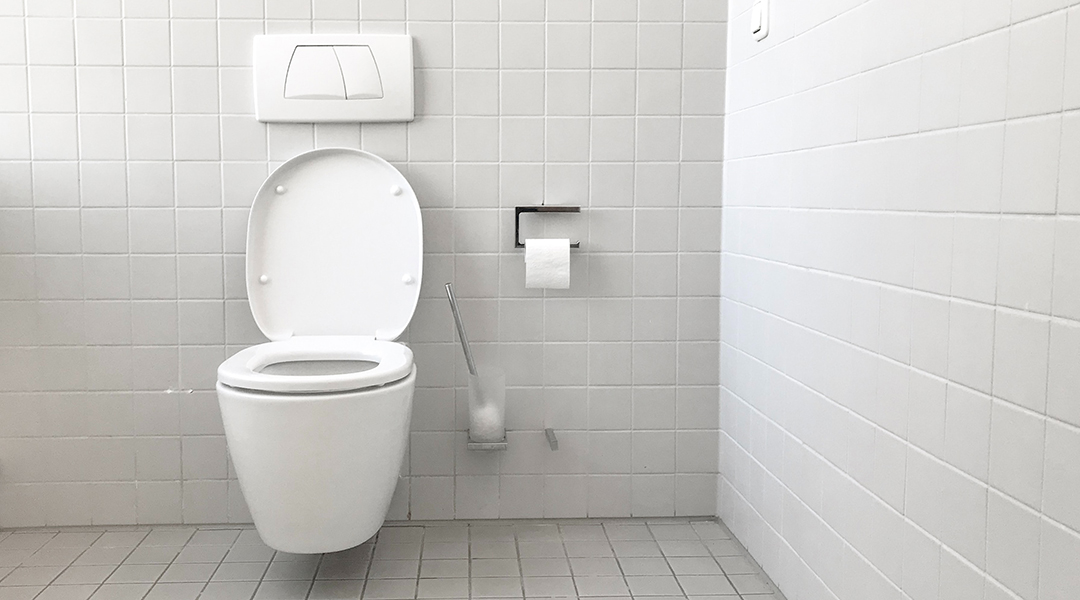
SARS-CoV-2 can survive the human digestive tract, and new research shows that flushing toilets could be a means of transmitting the virus.
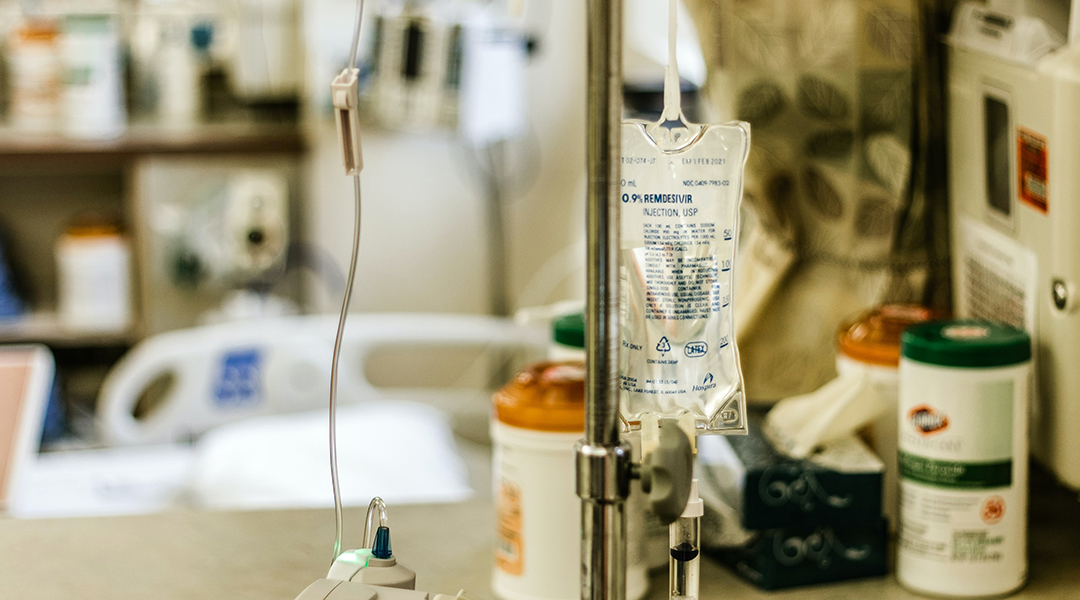
Remdesivir, an anti-viral agent known to be effective against MERS, is already in human trials as researchers search for a treatment for COVID-19.
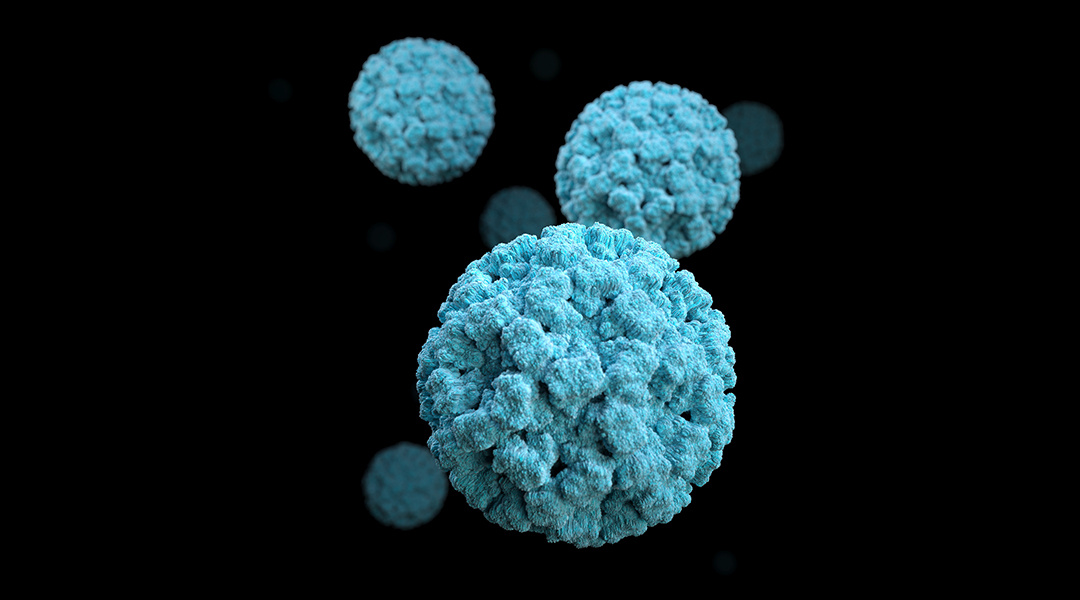
Scientists engineer a virus known to be be harmless to humans to stimulate an immune response against the coronavirus family in mice.

Although it is essential to develop vaccines for the 2019 coronavirus, it is unlikely that any effort made at the moment will benefit patients in the current outbreak.
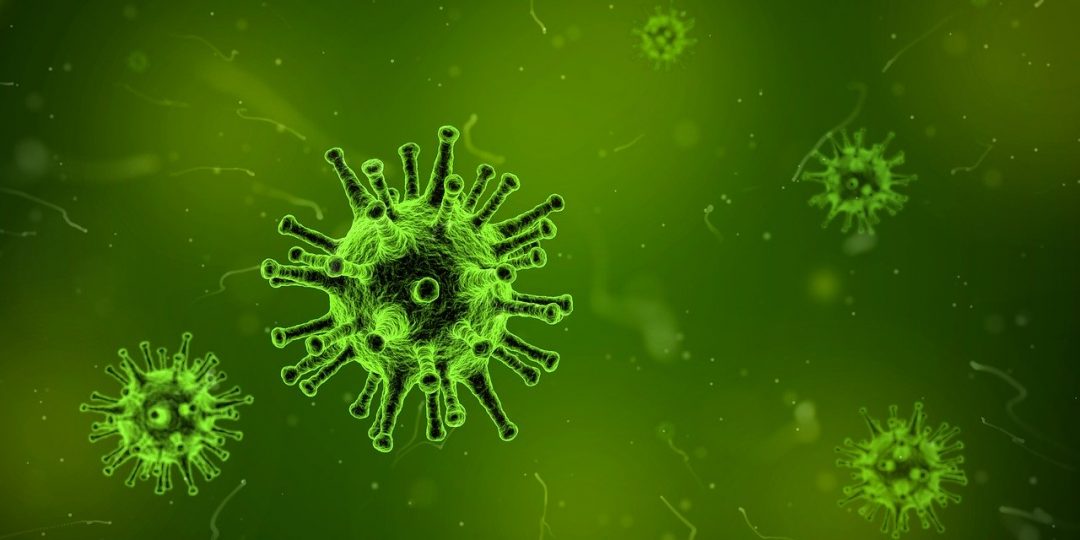
Researchers in labs around the world use the latest techniques to combat the Wuhan coronavirus.
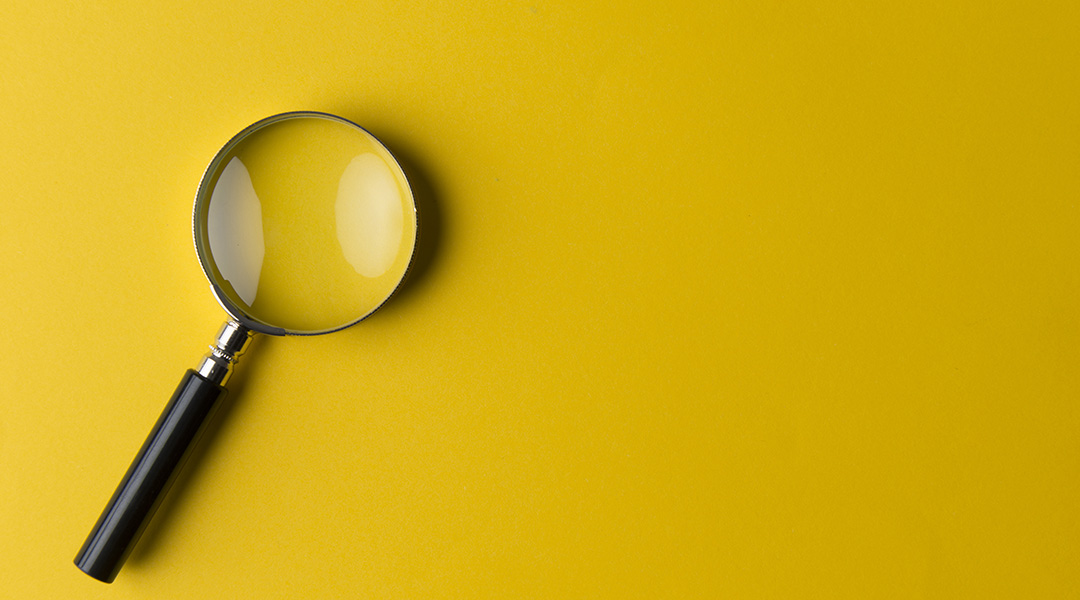
Wiley will provide free access to all articles related to the coronavirus in support of the outbreak relief efforts in China.
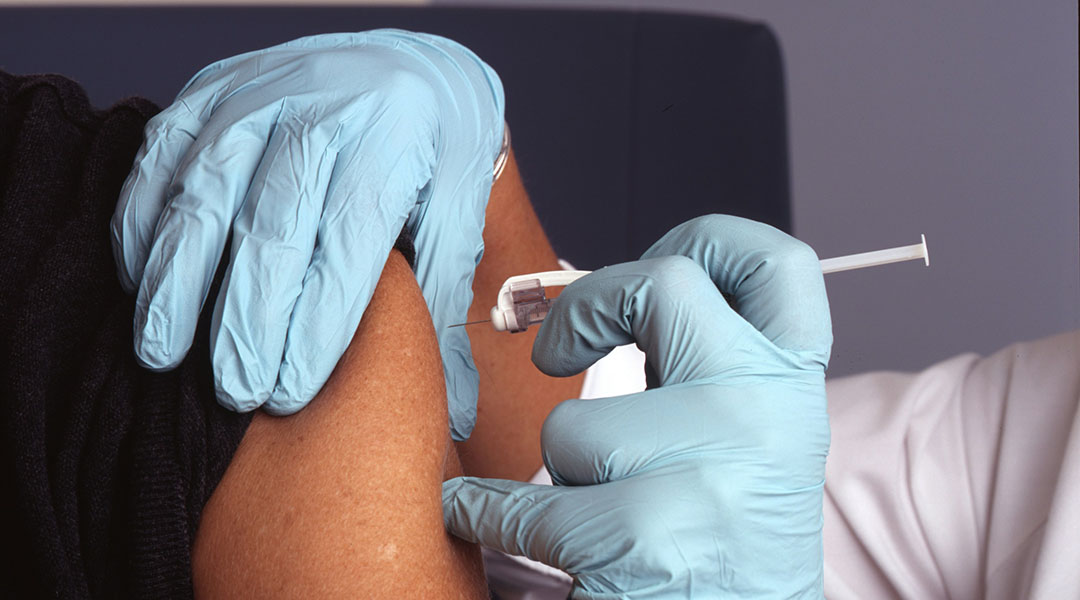
The quasi-vaccine could help healthcare workers weather a virus outbreak in the future.